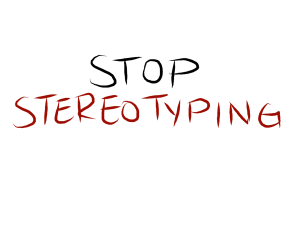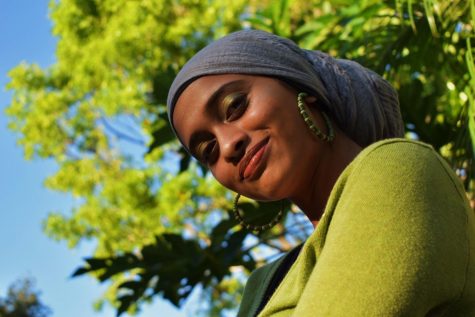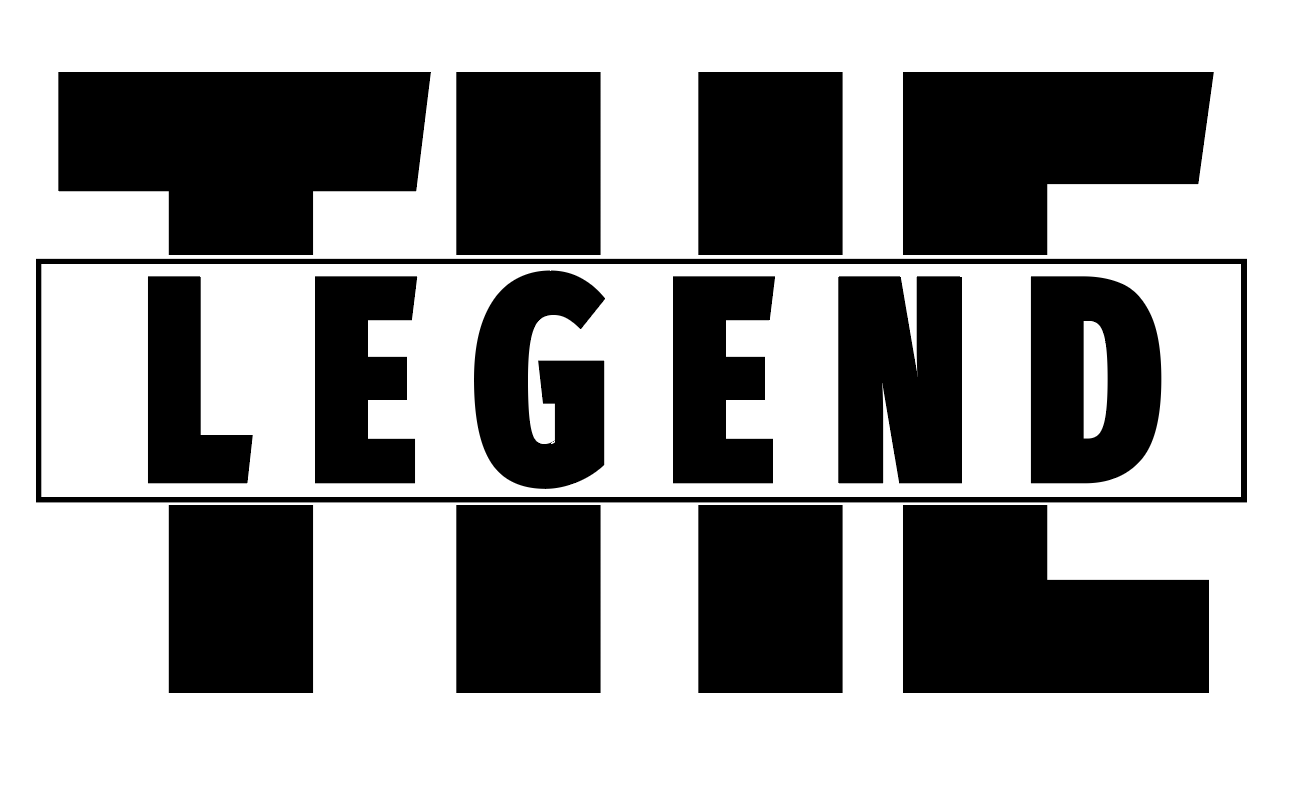Minorities face misconceptions about their identities daily, precipitated by social constructs in the social strata. From these widespread misconceptions, minorities have been classified to be on the lower end of the socioeconomic spectrum for generations, overpowered by the majority.
Many minorities’ long histories of being treated as inferior produced a number of stereotypes, isolating people of different races by determining how little they have or how much they lack as a group. Every minority carries their own burdensome stereotype, a stereotype that often affects how they live life and what they have access to.
 Asians, in particular, both in the East and Southeast, are often generalized as nerds, invested in their education and only relying on their academic abilities. At first, being called smart may seem to be a good thing, but many times, people imply that their intelligence is the only thing they have. Popular media tends to show Asians exclusively in this “nerdy” light, perpetuating this stereotype instead of allowing Asians to show their dynamic talents and personalities like any other human being.
Asians, in particular, both in the East and Southeast, are often generalized as nerds, invested in their education and only relying on their academic abilities. At first, being called smart may seem to be a good thing, but many times, people imply that their intelligence is the only thing they have. Popular media tends to show Asians exclusively in this “nerdy” light, perpetuating this stereotype instead of allowing Asians to show their dynamic talents and personalities like any other human being.
This “good” impression of Asians’ intelligence can force them to try harder to fit the stereotype, rather than breaking through it. There is a norm in Asian culture for parents to stress their children in being at the top in their school and having perfect grades. Once an Asian student reveals that they do not fit this Asian norm, not only does the public see them differently, but even their fellow Asian peers.
“[These misconceptions] often make me feel that I am inadequate because I don’t live up to those expectations all the time and often compare myself to others, negatively affecting my self-esteem,” junior and Chinese-American Christina Chen said.
Stereotypes towards black people follow a similar strategy of stereotyping, with painting the black experience too broadly. Film and television typically depict black people as angry and aggressive. 
The entertainment industry commonly uses themes of violence in films and shows garnered toward black audiences, leaving a negative impression on those unfamiliar with the black community and suggesting to them that all blacks possess such qualities. A popular franchise in the silver screen, Tyler Perry’s Madea, portrays protagonist Madea Simmons as an aggressive black woman. Perry’s momentous collection of films with the Madea character may still contribute toward the generalization black women as angry and temperamental. However, the film does touch on other important aspects of life most relevant to the black community as a whole. This suggests that while no film can be perfect and could still add to stereotypical thinking, if it tries to paint minority experiences more diversely, then that effort can combat the negative consequences of these stereotypes.
The “angry” stereotype however, can lead people to undermine black people’s opinions; their passion is mistaken for aggression, and people perceive their thoughts as more emotional than substantial.
Sophomore Brandee Jones, who has been called “angry” for simply stating her opinions, said, “Stereotypes will persist because most people aren’t even aware of them having that view of black people since it’s so normalized in media.”
Jones suggests that raising awareness of stereotyping by explicitly mentioning the effects of misconceptions on minorities in the media will bring change.
Chen says that stereotyping “can be managed,” but cannot be solved. Chen continued, “The important part is becoming better people to recognize that we have been unfair, since eliminating unfairness before it happens is unrealistic.”
Jones and Chen have contrasting perspectives, but ultimately, both are correct. Generalizations are deeply rooted in human nature; humans subconsciously perceive one individual to represent a whole mass, so it is not easy to find a solution to a fault in human nature. The best way to combat stereotypes is to diversify our media and our experiences with minority groups.
Instead of adding in the same one-dimensional characters to our films, therefore furthering a tradition of trivializing minority experiences, there needs to be more characters and stories that show these groups’ other sides. Instead of defaulting to stereotypes to explain a person’s behavior or appearance, people should take a careful, dynamic look at each other as human beings. If there is a more sincere, thoughtful approach to how people view one another, then stereotypes could be a thing of the past and something that will not affect how we build a more diverse and equal future.




